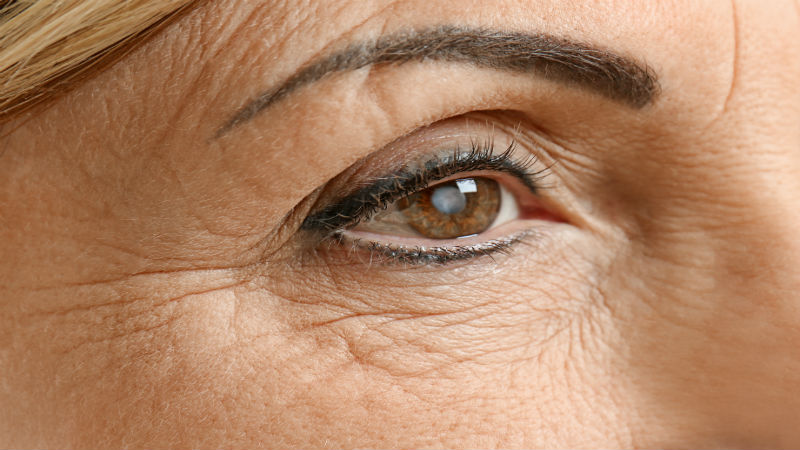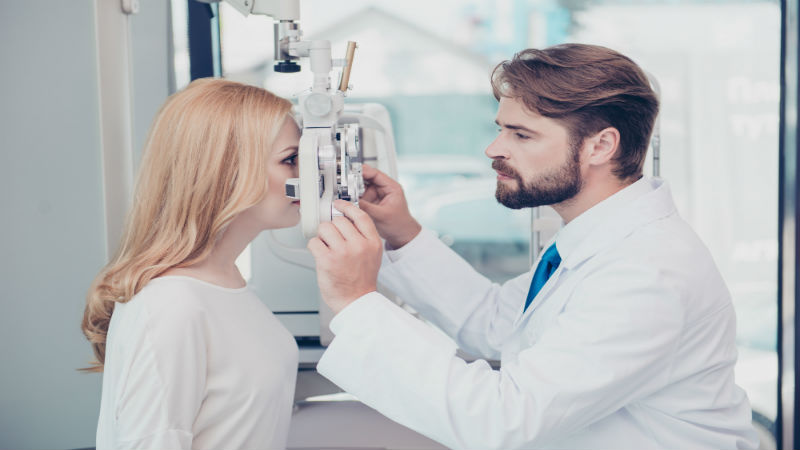Cataracts develop when there is a change in eye lens proteins, causing clouding and vision impairment, and are most common in older people. For this reason, cataract surgery vision improvement is popular with older generations.
It’s possible to develop cataracts when young, but this is rare. Symptoms include light sensitivity, blurry vision, and light glares or halos.
Suffering from vision impairment forces an individual to make adjustments to their life to work around the reduced vision and can lead to social isolation and loss of independence. Ways that people may compensate for sight impairment can include not driving at night.
It is possible to become blind from untreated cataracts and experience continual vision loss that worsens over time. Fortunately, even in the case of total blindness caused by cataracts, cataract surgery vision restoration is entirely possible.

Improving safety through surgery
Falls among people over 65 years old are dangerous and potentially life-threatening, and along with balance issues, reduced vision is a major contributing factor for the risk of falls.
Those who undergo cataract surgery to restore their vision benefit from a 16% reduction in their chance of sustaining a hip fracture from a fall. Cataract surgery can increase life expectancy as one in five hip fracture patients die from complications within a year of their injury.
What to expect after surgery?
Common experiences after cataract surgery include grittiness, double or blurred vision, eye-watering and red or bloodshot eyes. These symptoms usually dissipate within a few days, but full recovery after your surgery is between 4 to 6 weeks.
In terms of success rate, the outcome for cataract surgery is usually excellent in those who do not have any other eye conditions. Over 95% of those patients can legally drive without glasses or contact lenses.
Serious post-surgery complications are rare and only tend to arise in individuals who suffer from other health conditions such as diabetes or high blood pressure.
Precautions you should take to avoid infection during the first week or two of recovery includes not rubbing your eye and using the eye drops prescribed by your surgeon.

Monitor your vision
While you can’t fully control whether you get cataracts, early detection can help you treat it faster. Cataracts develop very slowly with little in the way of early symptoms, and so attending regular eye exams allows cataract detection far earlier by an ophthalmologist.
One habit that is a risk factor for cataract development is smoking, which increases your chances of developing the condition. If you’re a smoker, speak to a medical practitioner about ways they can help you to quit.
